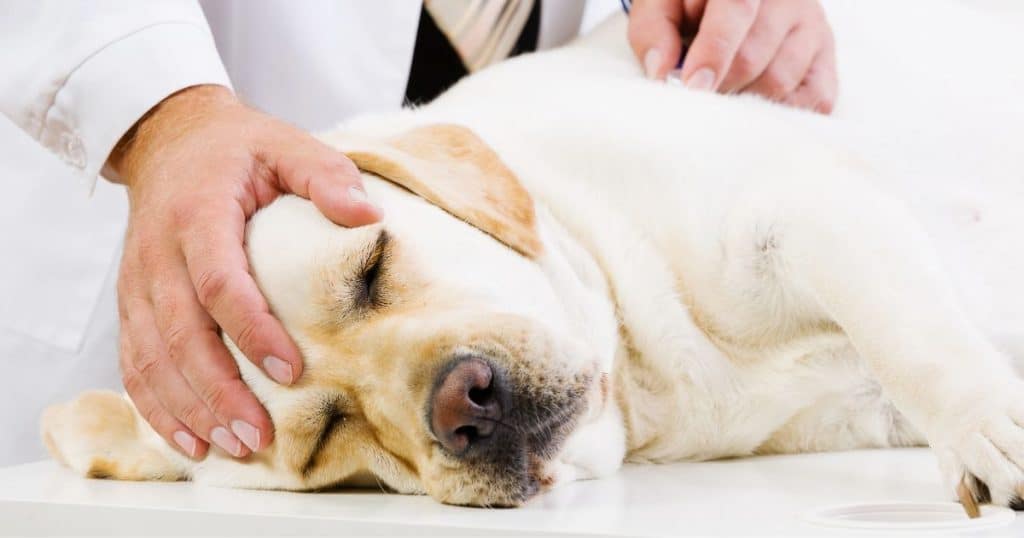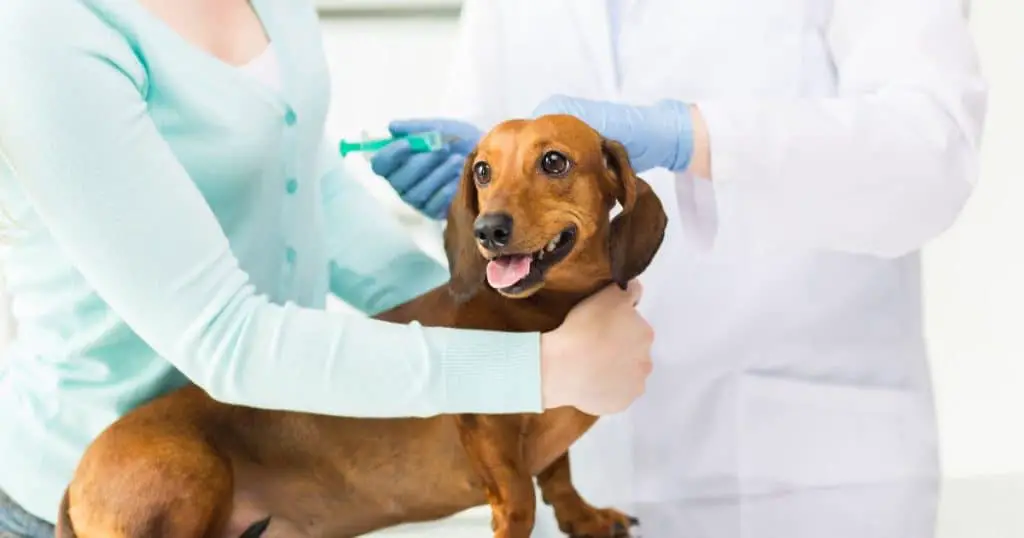What to Know
Dogs are one of the most popular pets in the world, and many pet owners consider their furry friends as members of their family. As such, it is important to ensure that dogs are fed a healthy and balanced diet. However, there are many foods that are safe for humans but can be harmful or even toxic to dogs. One such food is potatoes.
Are Dogs Allergic to Potatoes?

While potatoes are a staple food in many human diets, they can cause allergic reactions in some dogs. Symptoms of a potato allergy in dogs can range from mild to severe and can include vomiting, diarrhea, skin rashes, hives, itching, or breathing problems. If you suspect that your dog is allergic to potatoes, it is important to consult with a veterinarian to determine the cause of the allergy and how to manage it.
In this article, we will explore the question of whether dogs are allergic to potatoes. We will examine the causes and symptoms of a potato allergy in dogs, as well as the potential risks and benefits of feeding potatoes to dogs. By the end of this article, readers will have a better understanding of the relationship between dogs and potatoes and how to ensure that their furry friends stay healthy and happy.
Potatoes and Dogs

Potatoes are starchy root vegetables that are a staple in many households. They are a good source of fiber, potassium, and vitamins C and B6. However, while they may be a healthy food for humans, pet owners may wonder if they are safe for their furry friends.
What Are Potatoes?
Potatoes are part of the nightshade family of vegetables, which also includes tomatoes, eggplants, and peppers. They are grown in many different varieties, including russet, red, and sweet potatoes. Potatoes are a popular ingredient in many human foods, including french fries, mashed potatoes, and potato chips.
Can Dogs Eat Potatoes?
The short answer is yes, dogs can eat potatoes. However, there are a few things to keep in mind. First, it is important to always cook potatoes before feeding them to your dog. Raw potatoes, like other nightshade vegetables, contain solanine, a compound that can be toxic to dogs in large quantities.
Additionally, some dogs may be allergic to potatoes. If your dog has never eaten potatoes before, it is important to introduce them slowly and watch for any signs of an allergic reaction. Symptoms of a potato allergy in dogs may include vomiting, diarrhea, skin rashes, hives, itching, or breathing problems.
Symptoms of Potato Allergies in Dogs
If you suspect that your dog may be allergic to potatoes, it is important to watch for any symptoms of an allergic reaction. These may include:
- Vomiting
- Diarrhea
- Skin rashes
- Hives
- Itching
- Breathing problems
If your dog experiences any of these symptoms after eating potatoes, it is important to contact your veterinarian right away. They can help determine the cause of the reaction and provide appropriate treatment.
Diagnosing Potato Allergies in Dogs

How Are Potato Allergies Diagnosed?
Diagnosing potato allergies in dogs can be challenging. According to the American Kennel Club, the most common way to diagnose a food allergy in dogs is through an elimination diet. This involves removing all potential allergens from the dog’s diet and gradually reintroducing them one by one while monitoring for any allergic reactions.
If a potato allergy is suspected, a veterinarian may recommend a potato-free diet for a period of time to see if the dog’s symptoms improve. In some cases, a blood test or skin prick test may also be done to confirm the allergy.
Other Possible Causes of Allergic Reactions in Dogs
It’s important to note that not all allergic reactions in dogs are caused by food allergies. Other potential allergens can include pollen, dust, mold, and insect bites. In some cases, dogs may also develop allergies to certain types of medication or grooming products.
If a dog is experiencing symptoms of an allergic reaction, such as itching, redness, or swelling, it’s important to seek veterinary care. A veterinarian can help determine the underlying cause of the allergy and recommend appropriate treatment options.
In summary, diagnosing potato allergies in dogs can be challenging and may require an elimination diet or diagnostic testing. It’s important to consider other potential allergens and seek veterinary care if a dog is experiencing symptoms of an allergic reaction.
Treating Potato Allergies in Dogs

Avoiding Potatoes
The most effective way to treat potato allergies in dogs is to avoid feeding them potatoes altogether. This means that you should carefully read the ingredients on all dog food packaging and avoid any food that contains potatoes.
In some cases, your dog may be allergic to other foods as well, so it is important to consult with your veterinarian to determine the best diet for your dog. Your vet may recommend a hypoallergenic diet or a diet that is free of common allergens such as wheat, soy, and dairy.
Medications for Allergic Reactions
If your dog accidentally ingests potatoes or comes into contact with them and experiences an allergic reaction, your veterinarian may prescribe medications to relieve the symptoms. Antihistamines can help reduce itching and swelling, while corticosteroids can help reduce inflammation.
In severe cases, your dog may require emergency treatment such as an injection of epinephrine. It is important to seek veterinary care immediately if you suspect that your dog is experiencing a severe allergic reaction.
Alternative Foods for Dogs
If you are looking for alternative food options for your dog, there are many options available. Sweet potatoes, for example, are a great alternative to regular potatoes and are generally well-tolerated by dogs.
Other alternative carbohydrate sources include rice, oats, and barley. It is important to consult with your veterinarian to determine the best diet for your dog based on their specific needs and dietary restrictions.
Before You Go
While potato allergies are not common among dogs, it is important to be aware of the potential risks. Raw potatoes can be harmful to dogs, and it is recommended to boil or bake them before feeding them to your furry friend.
If you suspect that your dog may be allergic to potatoes, it is best to avoid feeding them this food altogether. If your dog accidentally ingests potatoes and shows signs of an allergic reaction, seek immediate veterinary care.
It is important to note that dogs can develop an intolerance or allergy to any food, so it is always best to monitor your dog’s diet and watch for any signs of adverse reactions. Consult with your veterinarian if you have any concerns about your dog’s diet or health.
Overall, while potatoes can be a nutritious and delicious addition to your dog’s diet, it is important to feed them in moderation and ensure that they are properly prepared to avoid any potential health risks.

